Quartzy: the ch-ch-ch-ch-changes edition
Happy Friday!

Happy Friday!
Here in LA, the seasonal shifts are much more subtle than they are in New York, where I last lived, or St. Louis, where I grew up. But here we are in October nonetheless, and although today’s high is a scorching 91°F, I hear the rest of the northern hemisphere is fully in the swing of pumpkin spice—or cardamom—season.
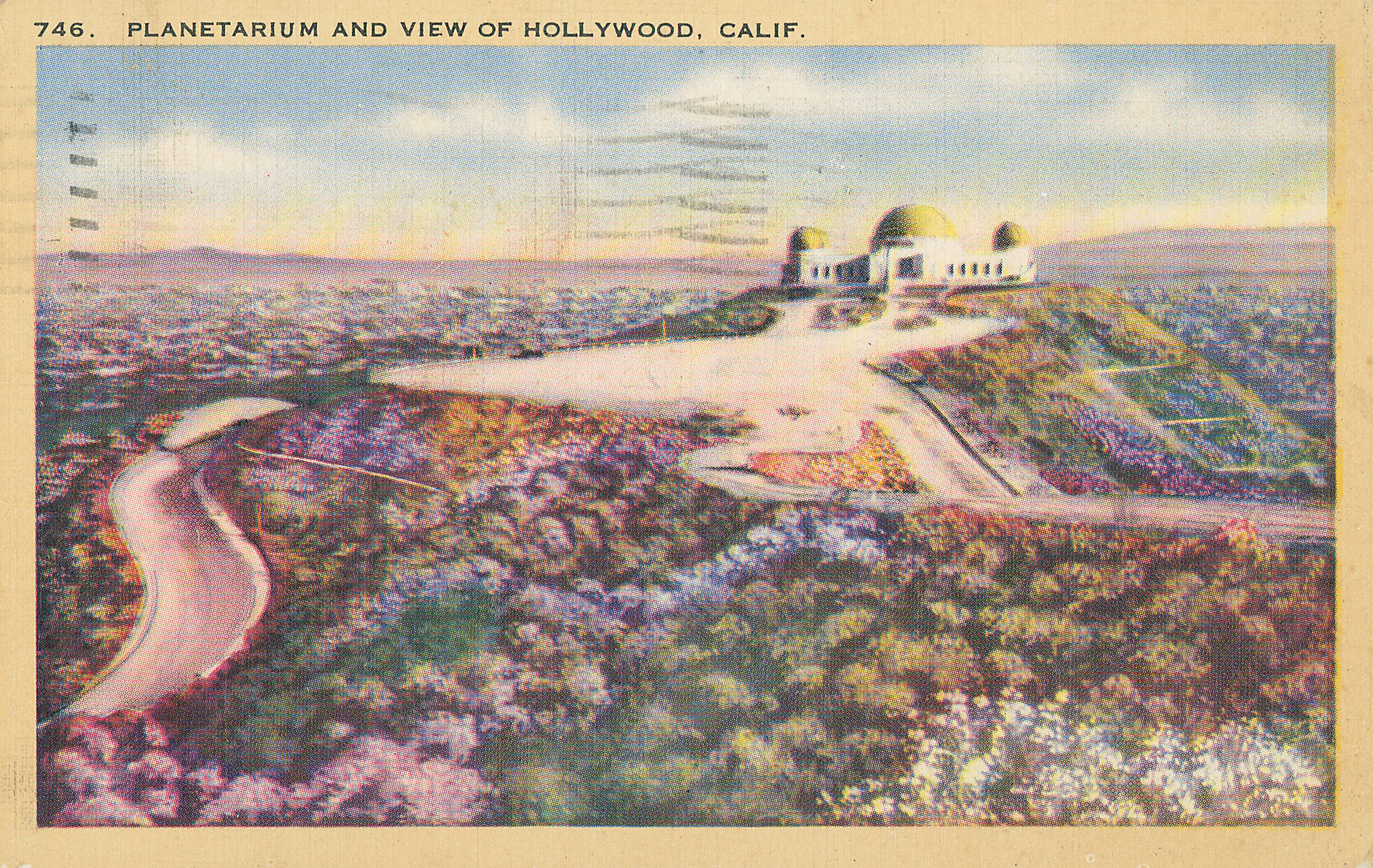
There are changes afoot at Quartz too. Some of them, you may have already noticed. We’re bringing you more guest editions of the Quartzy newsletter, which will be edited by our new lifestyle and culture editor, Oliver Staley. I’ll still be writing to you regularly, but you’ll hear more from other Quartz contributors too, as they share their own reporter’s notebooks, recommendations, recipes, essays, tips, ideas, and guides.
Change is hard! My chest feels a bit fluttery as I type today, but I am deeply excited to work on the story series (aka Quartz field guides) and features —about luxury, wellness, weed, and more—that can be hard to dig into when I’m also writing this letter to you every week, as much as I love doing it. And this is not goodbye—I’ll still be here every month or so.

The Quartz homepage is different now, too, and is something like a living version of our global news email, the Daily Brief. On a recent Tuesday morning at QZ.com, I was greeted by an original illustration (they change throughout the day), and stories about WeWork’s continued meltdown, a deal between Verizon and Disney, the latest on Brexit, a photo essay of protests in Lebanon, and a walk-through of Manhattan’s newly renovated MoMA. Changes! And reporters and Quartz members can comment and add insight to the stories on the homepage and app now too. (Reply and let me know if you want a discount code for Quartz membership.)
Speaking of changes, Dan Kopf wrote this week about Napster—remember Napster?—and how it forever changed the way we think about access to music. It’s sort of insane to think that the peer-to-peer file sharing service only existed from June 1999 to July 2001, as Dan writes. But in that short period, music became “a public good, and there was no putting the cat back in the bag.”
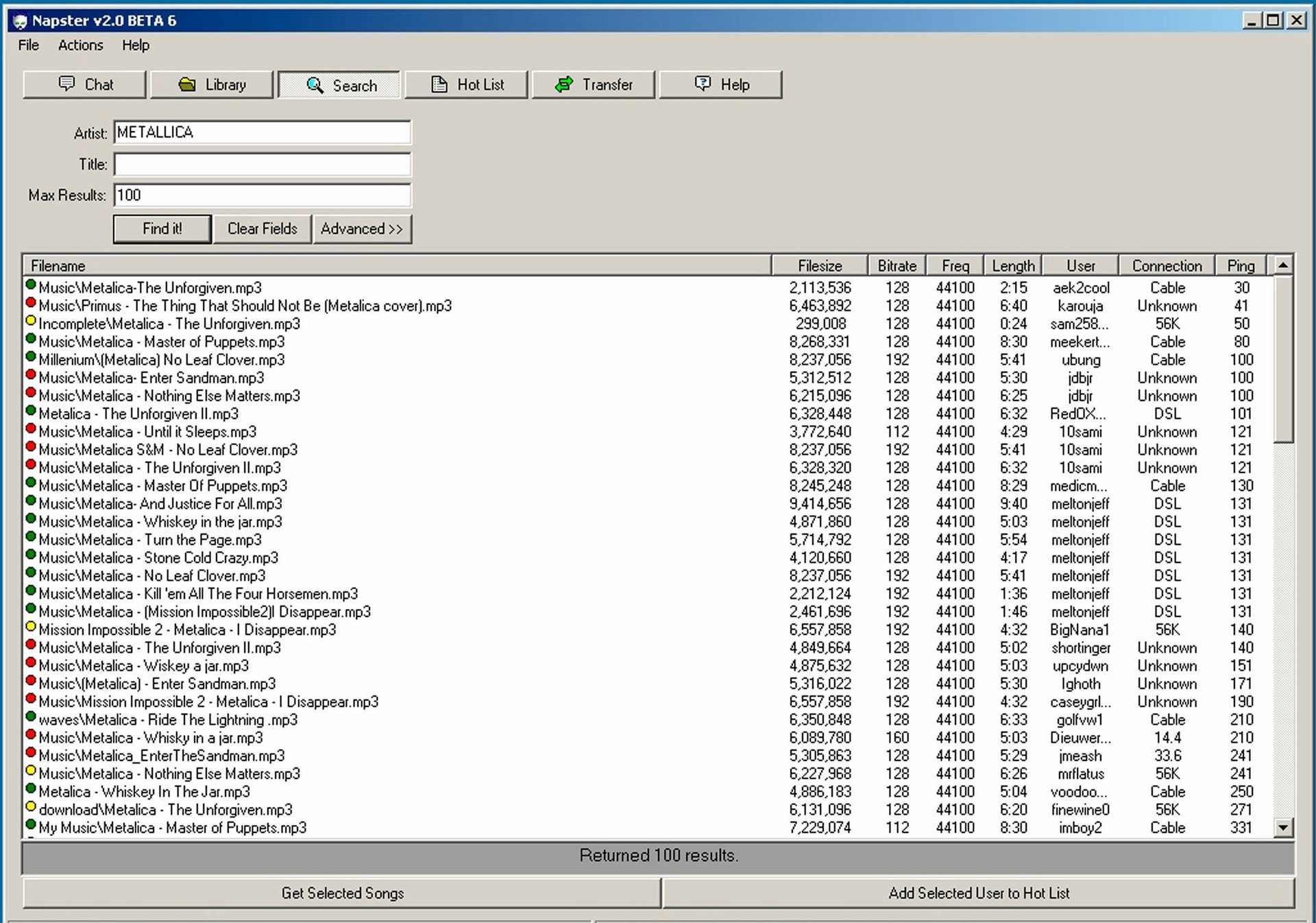
Because Napster was so short-lived, you might remember your favorite downloads as a snapshot from the place and time when you used it. Dan—who promised his dad that if he downloaded three songs off an album, he would just buy the album at Sam Goody—fell in love with A Tribe Called Quest via Napster (also D’Angelo). I was living in the freshman dorms when Napster peaked, and remember clicking Queen and David Bowie’s “Under Pressure” again and again as we prepared for a night out.
These days on Spotify, I’ve been listening to Jackson Browne sing “These Days” a lot, and damn if it doesn’t break my heart a little every time. (Fun fact: Browne was only 16 when he started writing it.)
Dan’s story was part of a new series called Net Positive, which looks at the early days of the world wide web—and includes a feature that lets you listen to the buzz, whine, and fuzz of dial-up internet, for old time’s sake.

Do not miss Sarah Todd’s piece about the original Macintosh iconography by Susan Kare, who in the early ‘80s was a young artist with a PhD in fine art, and a background in mediums from mosaic to needlepoint. The needlepoint might have come in handy when Kare, who was tapped by a high school pal on Apple’s Macintosh team, bought some graph paper and started to play with pixelated icons to help personalize the computer for non-techy users.
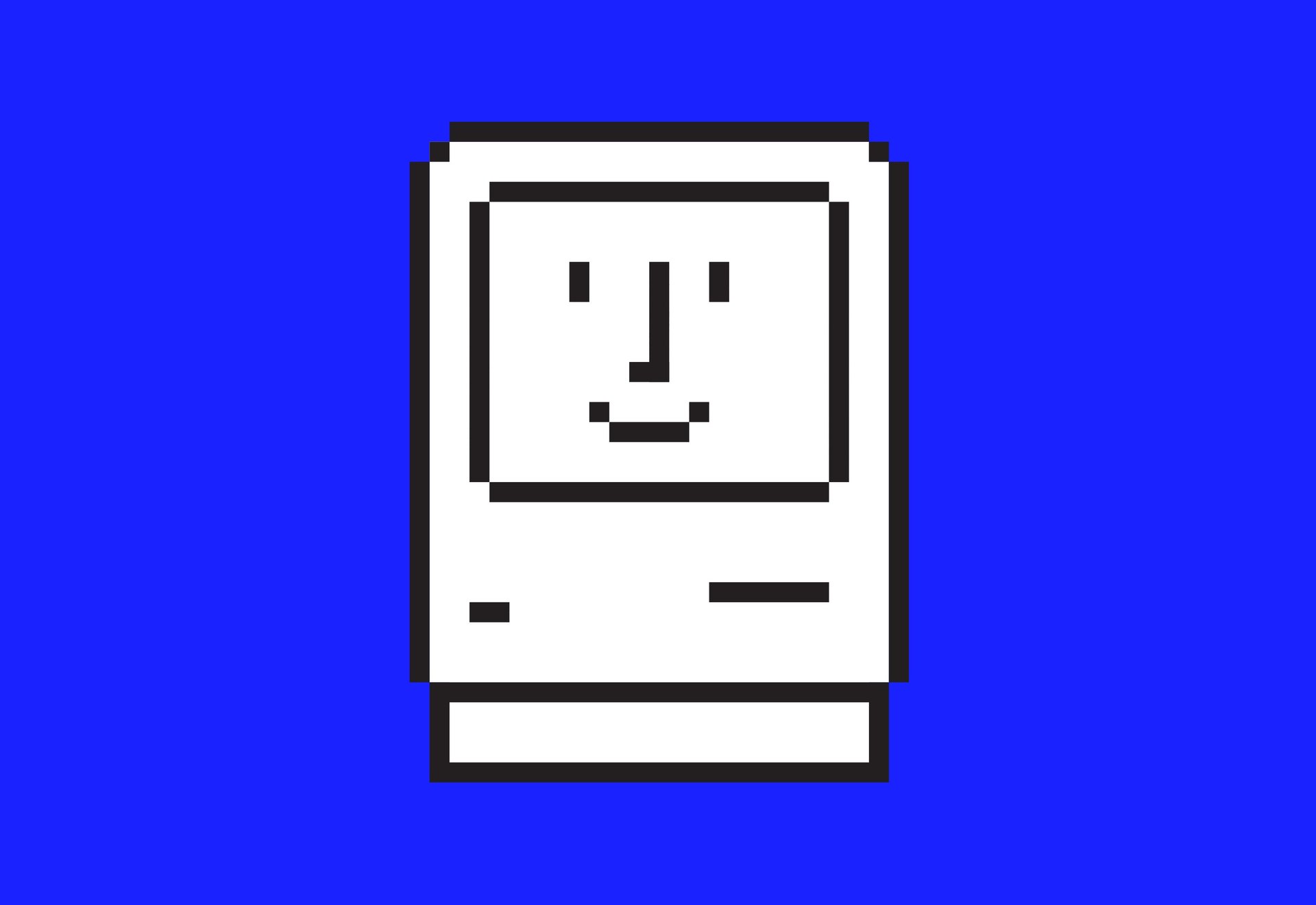
“Kare remembers the period as a time in which she was surrounded by smart, creative people who were happy to be working together on something new and exciting, and unaware of how big the Mac would become,” Sarah writes. “[Her] overall aesthetic was playful and reassuring. Even the horror of encountering a system failure was somewhat mediated by her icon of choice, a plucky cherry bomb with a lit fuse.”
Outside the internet, I’ve been enjoying Jia Tolentino’s new-ish collection of essays, Trick Mirror, which some of you have doubtlessly already devoured. If you haven’t, and you’re interested in questions of selfhood, feminism, Instagram, or ecstatic states, it’s worth picking up.
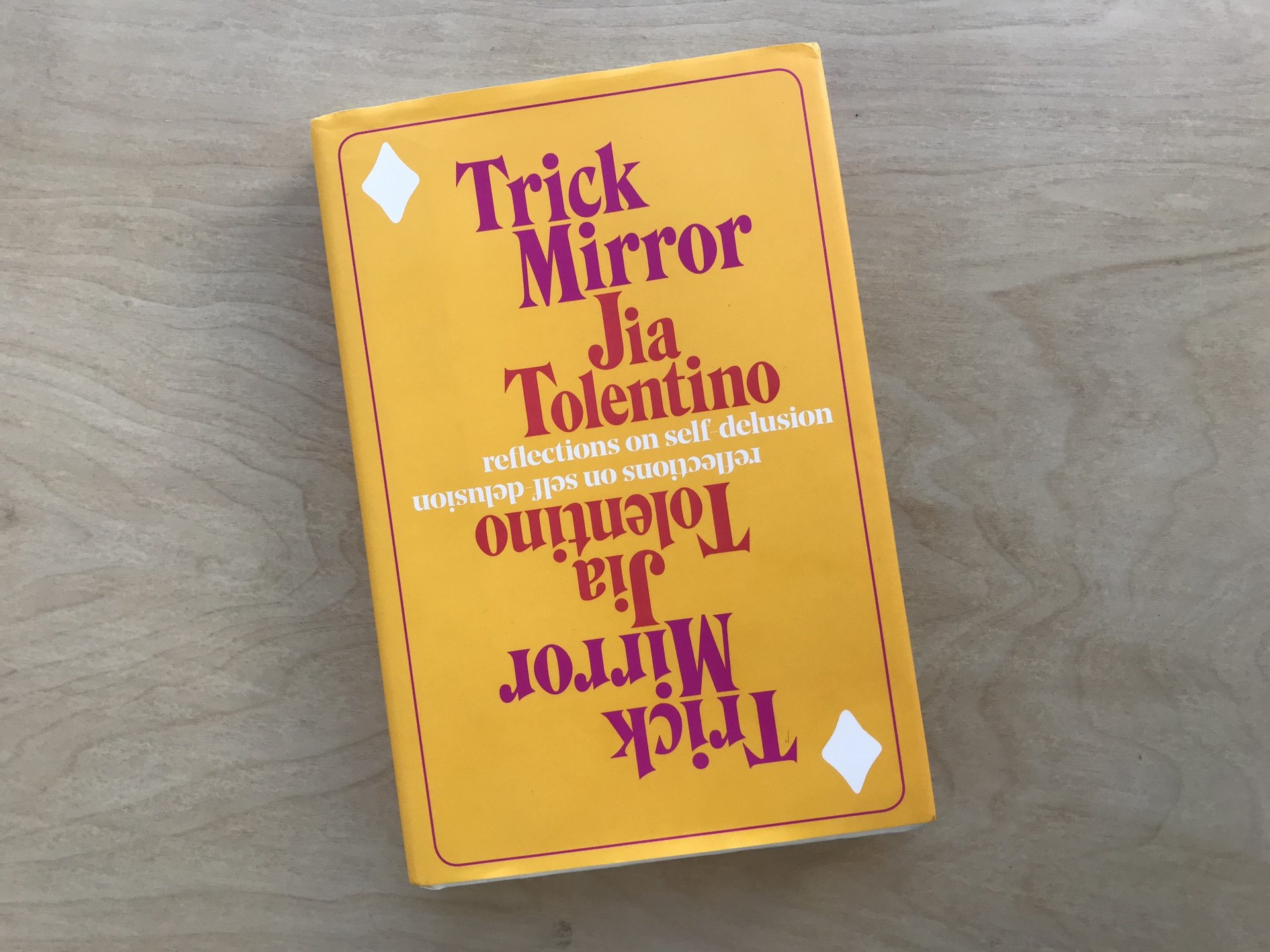
Tolentino’s chapter on Barre class and womanhood, especially, elucidated some things I knew to be true about the exercise phenomenon deep in my core, but could never quite express: “what it’s really good at is getting you in shape for a hyper-accelerated capitalist life,” by way of preparing oneself for “arbitrary, prolonged agony,” but also by investing one’s economic capital in their looks, to help them accrue more social capital, and thus, more economic capital.
This can be a frustrating feeling for a writer: When a New Yorker staffer several years your junior with a new book masterfully communicates something you couldn’t even get your finger on, much less make entertaining. But I surrender.
Also, I heard Tolentino on the Longform podcast and learned that she got a perfect score on her SATs as a high school sophomore. (And a young one at that. Tolentino writes that she was in high school at age 12.) I found this fact to be a liberating reminder that comparing oneself to others is a largely pointless habit—not only because you never know what people are going through, but also because they may be prodigies who got perfect scores on their SATs.
Tell me about your transformation. For my own part, I’ve been working on some research about personal transformations—physical, spiritual, mental, professional, etc.—and would love to hear about yours, if you’ve been through one or are aspiring to one. If a particular program, retreat, book, podcast, practice, or person has helped you to somehow dramatically improve yourself, please reply to this email or hit me up directly: [email protected].
Have a great weekend!
[quartzy-signature]
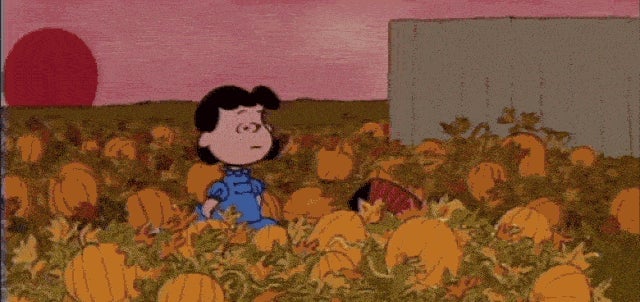
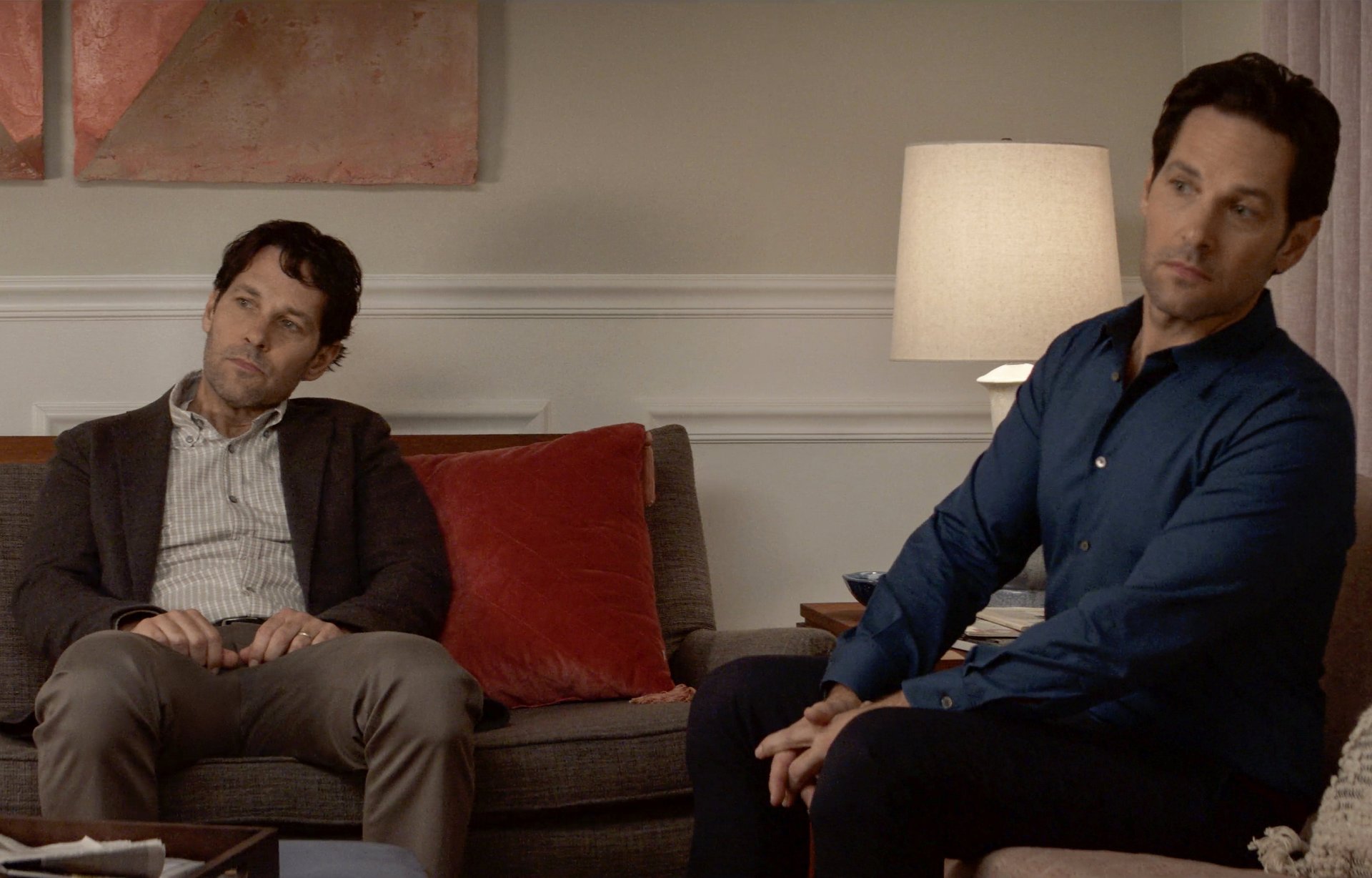
I have high hopes for Living with Yourself, the new Paul Rudd show on Netflix, in which he plays a troubled guy who has his DNA altered in a spa only to find he’s been accidentally duplicated. It looks funny but also disturbing and potentially deeply weird, in the vein of Maniac with Emma Stone and Jonah Hill or Natasha Lyonne’s Russian Doll, both of which put otherwise everyday people (played by actors I adore) into surreal scenarios. This may be a new genre for Netflix, and I’m into it.